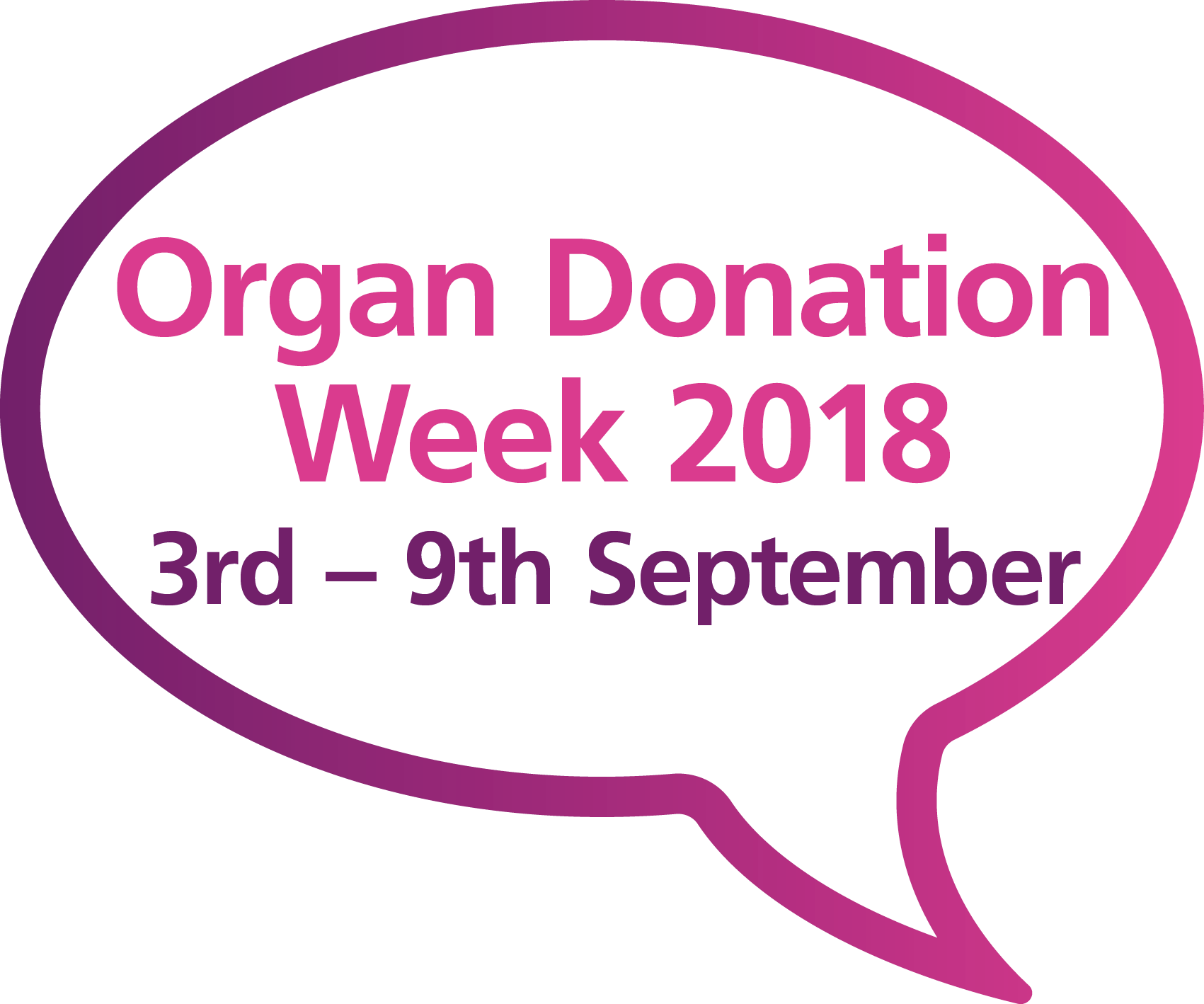October is all about wholesome, nutritious, heart-warming, health-giving food. Food replaces sunshine, warming us from the inside out rather than outside in! Katie Kindsley brings us her recipes…
Scallops with apple & bacon
(allow three or four scallops per person)

Perfect for this time of year, bringing scallops and apples together in perfect harmony, this is sour, salty and sweet success. Remove the rind from three slices of thick-cut smoked bacon and set aside. Chop the bacon into small pieces and fry in a little butter until brown. Peel and cut half a green apple into small cubes, heat 1tbsp of butter in a small pan and add the apple and bacon then continue to cook while you cook the rind in the pan just used. Add a small knob of butter and fry until the bacon fat renders. Add 50ml bourbon to the apple mix and let it bubble for a minute before adding 50ml maple syrup and continue to simmer so it reduces by at least half to a thick sauce. Place your scallops in the pan with the sizzling bacon fat and cook on high for a minute or so on each side, seasoning with salt until they’re nicely brown. Toss some watercress in a little lemon juice and heap on each plate, laying your scallops on top. Spoon over some apple and bacon mix and freshly grind some black pepper.
Thai noodles

This is versatile so use whichever vegetables you have to hand or whatever’s in season. All you will need to gather from your pantry is noodles, curry paste, coconut milk and fish sauce (or soy for vegans). Heat 2tbsp of coconut oil in a pan and sauté a finely chopped onion for about three minutes. Add three cloves of minced garlic and 1 tablespoon of freshly grated ginger, cooking until fragrant then add 2-3tbsp of red Thai curry paste for a minute and then a 400ml can of coconut milk, 1tbsp of honey and fish sauce to taste. Stir then boil for five minutes or until the sauce is thick. Add your veg at appropriate times so they are cooked but have bite (I used fresh corn kernels, broccoli and aubergine). Remove from the heat and stir in cooked rice noodles, Thai basil and serve with lime wedges and fresh chilli.
Boston beans with pork belly
Serves 4-6

Definitely a weekend treat to relish and as wholesome as a corn-fed farm boy. The night before soak 500g haricot beans in water for at least 12 hours. Rinse and place in a heavy, five-litre casserole pan covering with water by about 3cm. Boil hard for about 10 minutes then lower to a simmer, cover with the lid and cook for 1 hour. Take a 400-500g piece of pork belly (rind on), cube then add to the beans with 50g soft dark brown sugar, 3tbsp black treacle, 1tbsp English mustard, three peeled crushed garlic cloves and 3tbsp of tomato puree. Peel about 10 pickling onions and insert five cloves into one before adding to the beans with a generous seasoning of black pepper, giving a mix. Preheat your oven to 140°C, place the lid on and cook for 3 hours. Remove the lid and drag the pork chunks to the top before cooking for a further hour uncovered. The beans should be soft and the mixture glossy and thick, (cook for longer if it is still a little watery). Season to taste and remove the clove spiked onion before serving with crusty buttered bread and fresh coriander.
Blueberry buttermilk pancakes
Serves 2-3

My son will be raised on these and not just on special occasions, as they are easier to whip up than French toast and twice as delectable. A recipe to scribble down and shortly after memorise through repetition! Sift 200g self-raising flour into a large bowl then add 2tbsp caster sugar, 1tsp lemon zest, a lightly beaten egg, 1tbsp melted butter and 380ml buttermilk. Stir with a wooden spoon until combined (a few lumps will not matter). Add one or two handfuls of blueberries or raspberries, stirring gently to combine and without breaking up the fruit. Heat a small knob of butter in a pan and cook spoonfuls of batter on a low-medium heat for a few minutes on each side or until browned and cooked through. Serve with butter and maple syrup.








